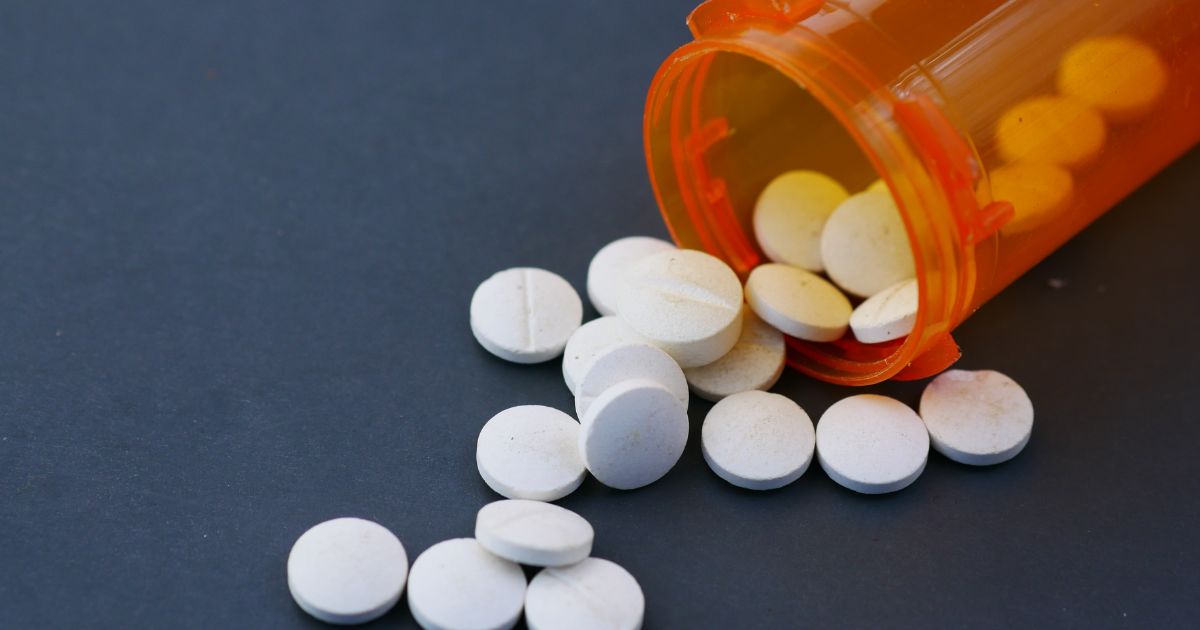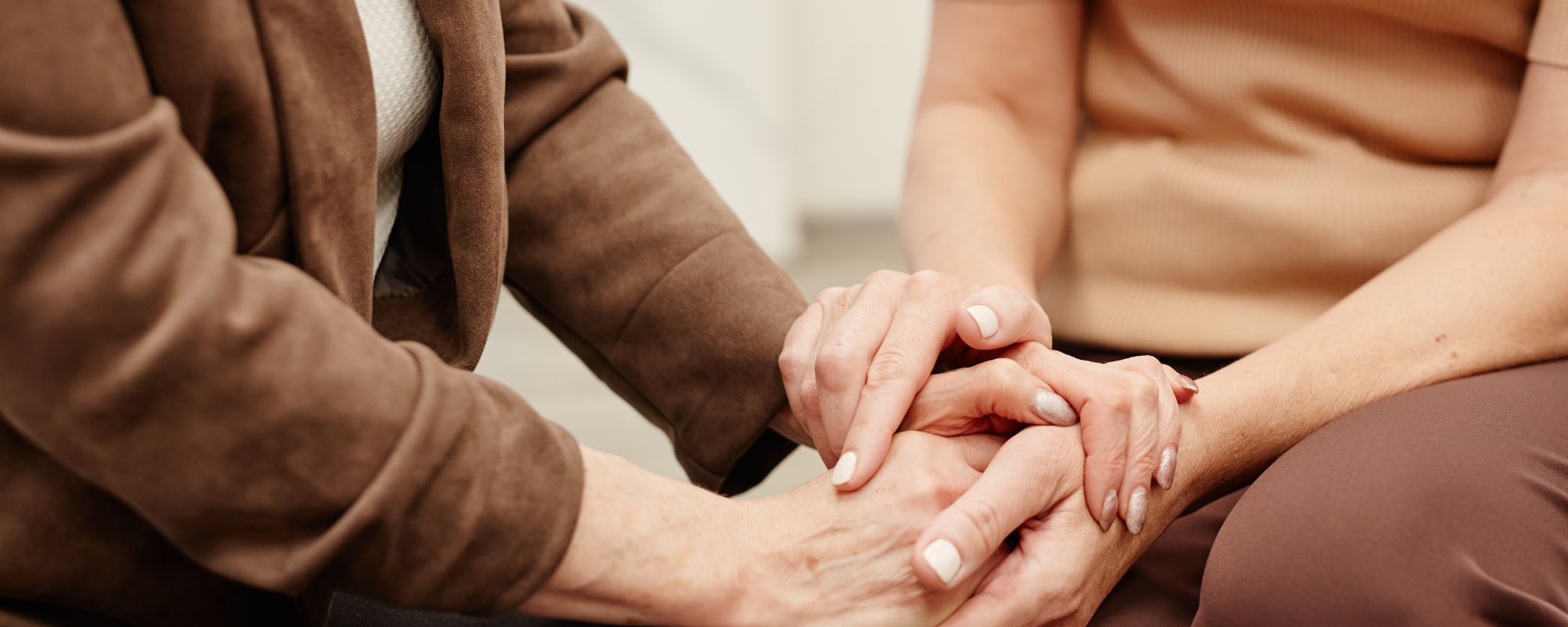What are Festivals?
Festivals are large outdoor concerts, usually having an extensive line-up of musical performances by a number of artists and bands. Music festival culture is very much so associated with drug use, as festivals have their very own type of drug culture.
Many people associate music festivals with the drugs molly, MDMA, ketamine, marijuana, cocaine, LSD, etc. Music festivals have stereotypical crowds, including the flower-crown wearing wave of “new-hippies”, “bassheads”, hoola-hoopers, “techno” kids, and the list goes on. Music festivals can be a day-long event, or weekend-long event. Some music festivals last for weekends in a row, like the popular U.S. music festival Coachella. Music festivals can also be referred to as “raves.”
Some of the most popular music festivals in the United States include:
- Coachella
- Ultra Miami
- Burning Man
- Camp Bisco
- Electric Forest
- Bonnaroo
- HARD Summer
- Lollapalooza
- Governors Ball
- Rolling Loud
- Outside Lands
- Firefly
- Made in America
Music festivals are usually over-the-top productions, with major artists “headlining” the event, followed by a line-up including dozens of bands and artists who perform one-after-another for a day, weekend, or more of endless music for festival-goers.
Festival Drugs
Many festival-goers attend music festivals simply to enjoy a line-up of their favorite artists, giving them an opportunity to hear all of their favorite music in one place for a day (or more) of fun. A lot of other festival-goers use music festivals as an opportunity to abuse drugs to enhance the musical experience, as they believe the drugs help them to connect better and have more fun. The most common drugs abused at festivals include: molly, MDMA, ecstasy, marijuana, ketamine, cocaine, LSD, mushrooms, etc. These drugs are abused at festivals because they are said to enhance sensory perceptions; meaning users claim to experience visuals, sights, sounds, smells, touch, and tastes more intensely.
Because many people use illicit drugs at music festivals, and the crowded nature intensifies the experience, it is not hard to have a bad or unpleasant drug experience— especially because you don’t really know what you’re taking when you use illicit drugs. The purity of the intended drug is unknown, nor do users know if the drug they are taking is the same drug they believe they’re taking. There have been hundreds of cases of overdoses, overdose deaths, states of psychosis, etc. at music festivals. The drug culture at music festivals is so engrained that even with tight security, drugs still circulate around the event and are used regardless of stipulations and regulations put in place.
Ben Rees
Ben Rees was a 23 year old from the U.K. who overdosed and died in Berlin, after he took what he believed to be ecstasy. After taking the drug, Rees was separated from his friends and “…was found shaking and cold at a nearby train station by a group of girls, who tried to take care of him until he was taken to hospital. There he was resuscitated twice, before dying from cardiac arrest and multiple organ failure” (Jones). Unfortunately, Ben Rees’ story is one of many; illicit drugs are sold, circulated, and then taken by people who don’t know what is truly being ingested. Following Ben’s tragic death, his mother Nadia Rees called for testing facilities to be introduced in clubs and festivals— so people could know what is in the drugs they are planning to take; “Nadia believes that facilities to test the content of drugs within clubs and festivals would significantly reduce the risk involved with drug use, by making people more aware of the content and effects of what they are taking” (Jones).
How Drugs are Tested at Events
The testing tents are a “safe zone” where festival-goers will not be arrested for possessing illicit substances, instead, the substance will be tested through a screening test that will show testing results fairly quickly. “Volunteers inside the tents use laboratory equipment to examine the substances in tests that take about half an hour on average using infrared light. The visual analysis can quickly reveal possible contamination or whether a drug consumer was sold a different drug” (Noack). There are infrared light tests, reagent color tests, and fentanyl strip tests.
From testing facilities on-site at festivals and events, a study “…found that 20 percent of all drugs sold at a randomly chosen 2016 festival contained substances other than the ones dealers had declared. By anonymously revealing those findings to affected festival-goers, researchers persuaded more than two-thirds of them to hand over other substances in their possession. Drug-related hospital admissions fell 95 percent compared with the previous year…” (Noack). This positive impact is unavoidable, even for critics of festival drug testing.
Testing Drugs
In the U.K., more and more music festivals are providing drug testing opportunities to provide a higher level of safety for festival-goers who will use illicit drugs. “More than 8,000 people came forward to have their drugs tested at music festivals in the UK this summer. Seven festivals in England have had “front of house” services provided by The Loop at which festival-goers can have their drugs tested anonymously” (BBC).
The Loop, an award-winning drug safety testing non-profit, is one player in promoting drug safety in the music festival scene. The Loop has a presence at many music festivals across Europe, where they set up tents for festival-goers to test any illicit drugs they may have. While some critics say this service is actually promoting drug use, supporters— like Ben Rees’ mom— applaud the non-profit for potentially saving lives. “Festival-goers will be able to take their drugs to a testing tent run by The Loop…They’ll then tell them what’s in the drugs before destroying whatever was handed over” (“Six UK Music Festivals…”).
“North Wales Police and Crime Commissioner, Arfon Jones, said this needs to go further, with so-called ‘front of house’ drug testing facilities to allow people to test exactly what they intend to take. ‘Evidence has shown that around 20% of substances tested in the past are not what they were sold as, so clearly that is dangerous,’ he explained” (Jones).
In the United States, we have not seen a consistent drug safety and drug testing tents present at any music festivals. This is due to “…the Illicit Drug Anti-Proliferation Act, known colloquially as the RAVE Act” which “gives federal authorities the power to fine a company anywhere from $250,000 to two-times the gross ticket sales of an event for knowingly and “intentionally profiting” from drug use. The vague language of the act means promoters are at risk if they even acknowledge the fact that drug use happens at their event. It presents a quagmire as the companies behind these festivals want patrons to be safe, but they fear being seen as permissive by allowing an organization like the Bunk Police to operate overtly” (Henry).
The Bunk Police is a company that sells drug testing kits online and at music festivals across the country, and at a global level. The Bunk Police often sneaks drug testing kits into music festivals, as American music festivals refuse to acknowledge that drug use is taking place at their event. “More than 80 percent of the cocaine the company tested worldwide in 2016 included an adulterant…Nearly a third of the MDMA, or ecstasy, they tested was completely replaced with something else, most commonly bath salts…” (Henry). The kits aren’t illegal, however, they present a legal risk for music festivals under the Illicit Drug Anti-Proliferation Act. (Henry).
Helpful or Hurtful?
Many critics of drug testing facilities provided at events will be sending the message that taking illicit drugs is okay, however, this measure is purely to promote drug safety— as it is not possible to prevent festival-goers from taking drugs completely. “Guy Jones, senior chemist for The Loop, said: ‘About half [of people having drugs checked] say that they will take smaller quantities after speaking to our healthcare professionals about strength and dosage.’ He added that one-in-10 festival goers handed over more substances for disposal by the police after having drugs tested” (BBC). This impact is not only saving people from harmful illicit drugs, but it is showing festival-goers first-hand how the drugs they are buying cannot be trusted to be what they say they are.
“Last year, Newsbeat was there when The Loop ran the scheme for the first time at a UK music festival…Founder of the organisation, Fiona Measham from Durham University, said the scheme’s expansion was “radical”. ‘It’s really exciting that police are prioritising health and safety over criminal justice at festivals,’ she said. She thinks up to 10 festivals will be involved this year, including a number of independent events, and hopes testing will become more common in clubs and city centres in the future as well” (“Six UK Music Festivals…”).
Supporters of Drug Safety
Despite the stance critics take that drug testing could encourage illicit drug use, “… supporters of the tests maintain that their approach is far more effective than focusing on arrests. Pill testing ‘has been shown to change the black market’ for the better and may even decrease overall drug consumption, as ‘negative results would deter a majority of people from consuming drugs and spur them to warn their friends,'” (Noack).
Drug testing tents are set up for harm reduction, which is based around the notion that people will use drugs regardless; there is no safe way to use illicit drugs, but there are safer ways. “West Yorkshire Police assistant chief constable Andy Battle, who leads the policing operation at Leeds, said they were ‘looking at the possibility of supporting the festival’s organisers’. ‘We can never condone the use of illegal drugs, but we recognise that some people will continue to take them and we need to adapt our approach in the interests of public safety’ ” (“Six UK Music Festivals…”).
Do you support the drug safety initiatives like drug testing tents at music festivals? We would like to know what you think.
Reach Out
If you or someone you know is struggling with an addiction, please reach out to our addiction specialists at (877)-RECOVERY or (877)-732-6837. Our team of addiction specialists are available to take your call 24 hours a day, 7 days a week. Because We Care.
References:
BBC. “Thousands of People Use Drug-Testing Facilities at UK Music Festivals.” BBC News, BBC, 3 Sept. 2018, www.bbc.com/news/uk-england-45367810
Henry, Jason. “Taking Drugs at Coachella? This Stealth Group Works to Keep You Safe.” Press Enterprise, Press Enterprise, 24 Apr. 2017, www.pe.com/2017/04/23/this-group-smuggles-drug-testing-kits-into-coachella/
Jones, Catrin Haf, and Elinor Rice. “Aberdare Mum’s Drug Testing Call for Clubs after Son’s Death.” BBC News, BBC, 20 Mar. 2019, www.bbc.com/news/uk-wales-47630460?intlink_from_url=https%3A%2F%2Fwww.bbc.com%2Fnews%2Ftopics%2Fclm1wxp5nplt%2Fdrug-use&link_location=live-reporting-story
Noack, Rick. “Music Festivals Are Offering to Test the Safety of People’s Drugs, and Police Increasingly like the Idea.” The Washington Post, WP Company, 4 Jan. 2019, www.washingtonpost.com/world/2019/01/04/allow-festivalgoers-test-illegal-drugs-before-consuming-them-some-police-forces-start-liking-idea/?utm_term=.4895c2fb2f20
“Six UK Music Festivals Are to Allow Drug Testing Including Reading and Leeds – BBC Newsbeat.” BBC News, BBC, 22 May 2017, www.bbc.co.uk/newsbeat/article/39996522/six-uk-music-festivals-are-to-allow-drug-testing-including-reading-and-leeds









